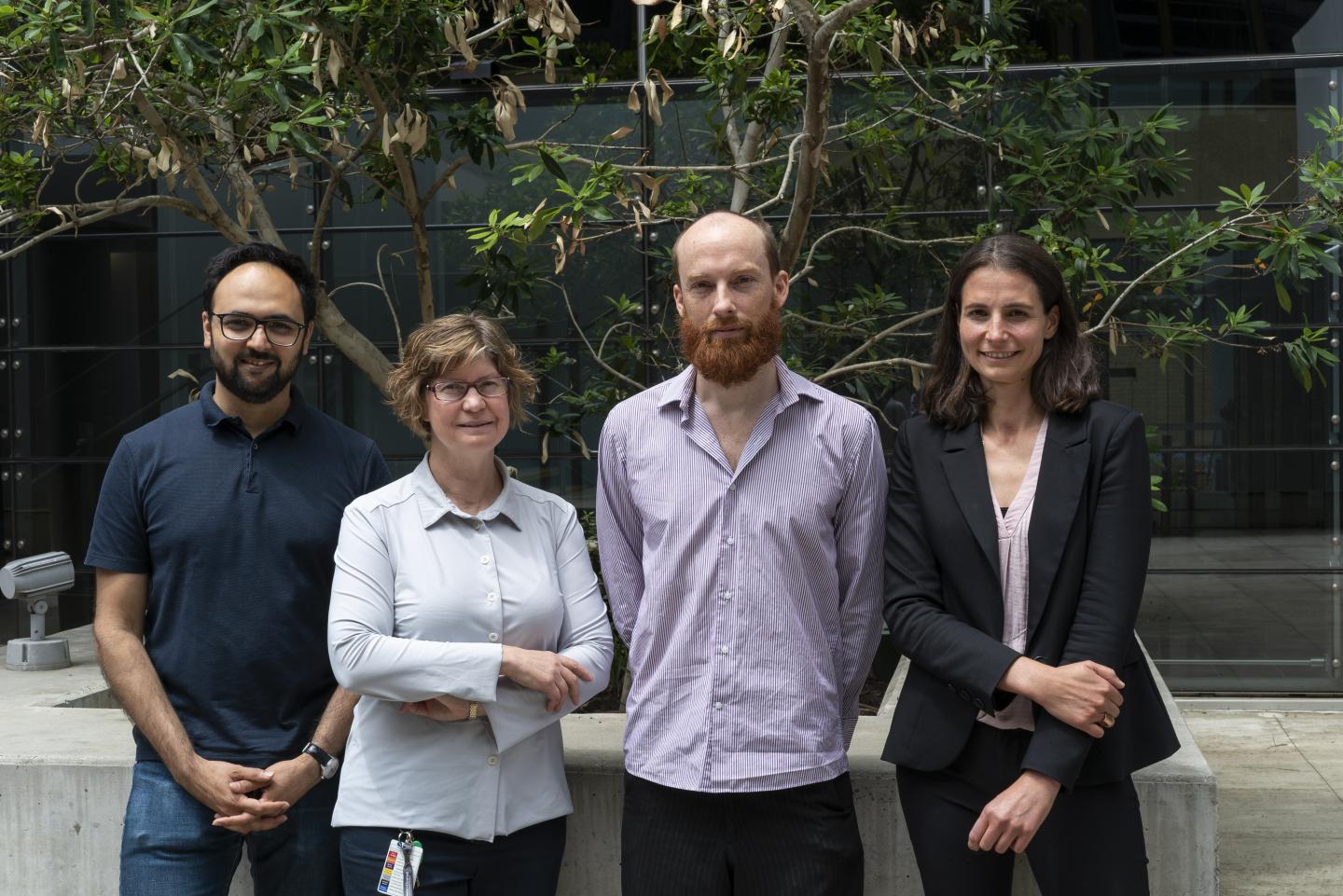Brain-computer interface, promise of restoring communication discussed at AAAS presentation
Brain-computer interfaces promise to restore communication for individuals with severe speech and physical impairments. Current brain computer interfaces share many features of high-tech, conventional augmentative and alternative communication systems, but via direct brain link. Choosing the “right” brain-computer interface that maximizes reliability of the neural control signal and minimizes fatigue and frustration is critical. Jonathan…
Details








